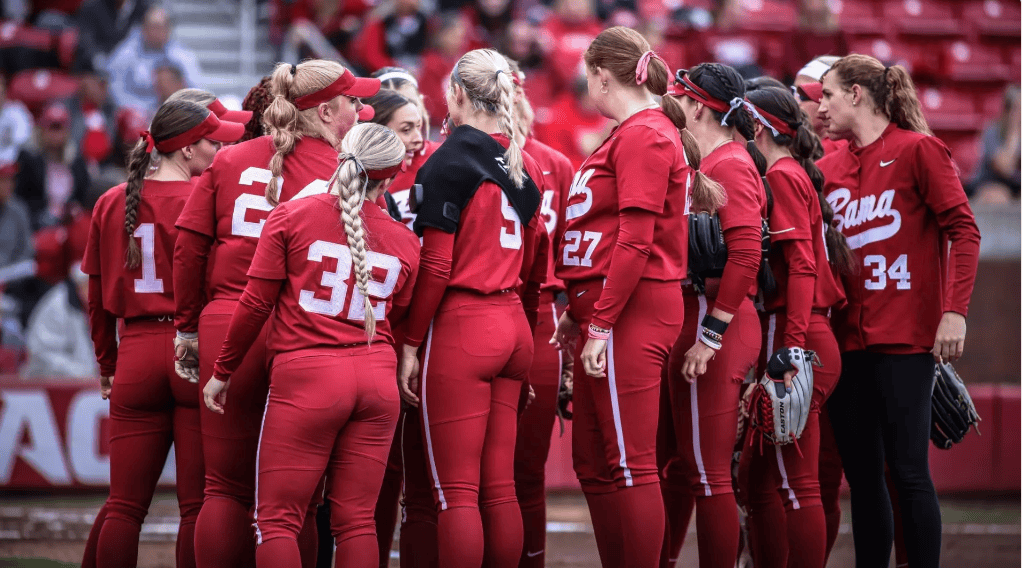With the 2014 Winter Olympics only a few weeks away, the big question once again presents itself: Why do we still hold the Olympic games?
The modern Olympics were created as a way to unite the world and allow different cultures to come together in one city. But recently, the Olympics have only served to further divide the world.
Every set of games adds another list of scandals and controversies among nations. To make matters worse, there is also the threat of physical violence, such as the bombing at the 1996 Summer Games in Atlanta, Ga. Rarely have the games finished without at least one major incident.
This year’s games in Sochi, Russia, will most likely be no different. There has been nothing but controversy since the location of the games was announced. The National Olympic Committee of Georgia has been attempting to get the Sochi Games relocated since 2008 because of the conflict-inhabited area in which the events are going to be held. Circassian officials have also argued for a move in location, saying that the games will be held on land that belongs to them.
Along with the disputes over location, the Russian government has been under fire by LGBTQ advocacy groups for not allowing the establishment of the Pride House, a pavilion set up to welcome LGBTQ athletes, volunteers and visitors. American and Russian advocacy groups have urged both visitors and sponsors to boycott the games over Russian policy.
Cities bid on the games to create opportunities for their citizens and economy, but, more often than not, it causes more problems than solutions. A perfect example is the Bird’s Nest, the stadium built for the 2008 Beijing Olympics’ opening and closing ceremonies. The structure cost $480 million to build and $11 million a year to maintain, and now it remains empty. Even the artist who designed it refuses to go back inside of the failed project.
This is not to say that every Olympic venue has been a bust. The arenas built for the 2012 London Games have been incorporated into the city, used by both professional teams and the public. While many of the structures built for various Olympics serve a purpose long after the games end, the Bird’s Nest is a prime example of why some cities refuse to bid on future games.
With so many glaring issues even before the opening ceremonies kick off, it seems that this year’s games will follow the history of past games.
So why continue to hold them? As an American, seeing the stars and stripes being lowered behind one of the athletes who has medaled is comparable to fireworks on the 4th of July. But if giving that up is what we have to do to make the world a better place, it’s time to make that sacrifice. Ending the Olympics isn’t going to stop all of the world’s problems, but it may prevent quite a few from being created.






